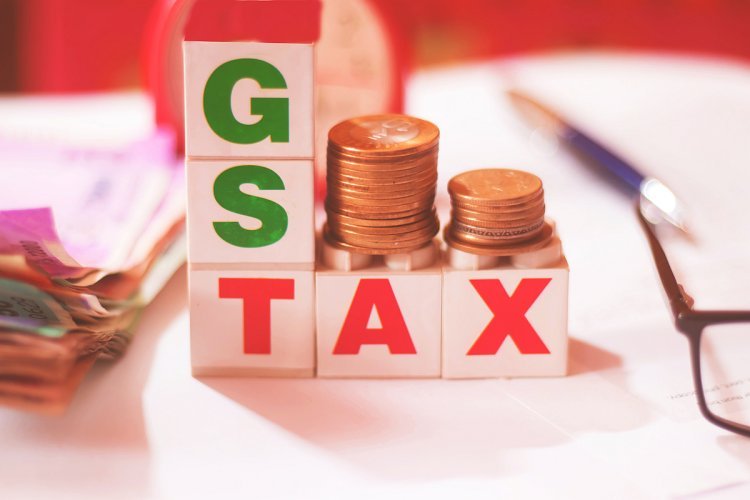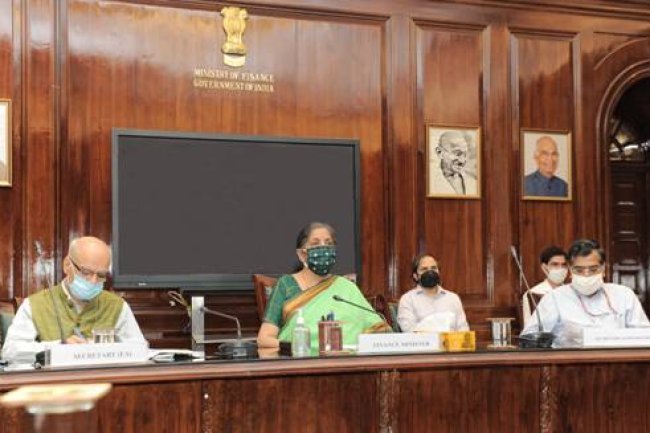GST Council Develops Long-Term Vision for Taxation, Addresses Industry Concerns in 54th Meeting

GST Council Develops Long-Term Vision for Taxation, Addresses Industry Concerns in 54th Meeting
The GST Council, under the leadership of Finance Minister Nirmala Sitharaman, has taken significant steps towards creating a long-term vision for India's tax system, while continuing to address pressing issues raised by various industries. During its 54th meeting, the Council demonstrated a swift and responsive approach to industry pain points, making necessary policy corrections, and setting up Group of Ministers (GoMs) to work on broader, long-term reforms. This meeting not only highlighted the Council’s administrative efficiency but also underscored the spirit of cooperative federalism among the Centre and states, which plays a crucial role in India’s tax governance.
Among the key highlights of the meeting were recommendations to rationalize GST rates across a wide range of goods and services. One such move involved regularizing past tax assessments on an ‘as-is-where-is basis’ to prevent future litigation, notably addressing the long-standing tax disputes in the film distribution sector. By addressing such issues, the Council aims to create a more predictable tax environment for businesses, thereby reducing the compliance burden.
The Council also made provisions for much-needed exemptions in several areas. Notably, it granted tax exemptions on research and development services, a move seen as critical in boosting innovation in the country. Similarly, tax rates on life-saving cancer drugs were reduced, offering significant financial relief to patients and their families. These measures reflect the Council's intent to make tax policy more responsive to the needs of the public while fostering economic growth.
In addition, the Council addressed unintended tax levies that had caused disruptions in certain industries. A major relief was provided to foreign airlines operating in India, as the Council exempted the import of services by a foreign airline’s establishment from a related party outside India, provided the services were made without consideration. This decision retroactively regularized previous cases under an ‘as-is-where-is basis,’ bringing an end to a wave of substantial tax demands that had been raised against foreign airlines.
Another significant policy clarification was made regarding the place of supply for advertising and data-hosting services provided to foreign entities. The Council decided that the location of the recipient would be considered the place of supply, thereby classifying such transactions as exports of services. This change will provide much-needed clarity for businesses engaged in cross-border digital services and is expected to resolve numerous ongoing disputes.
The 54th GST Council meeting marks a crucial juncture in India’s tax administration, as it balances the immediate need to resolve industry-specific issues with the broader task of developing a more sustainable and predictable tax regime. The Council's efforts in rectifying past oversights, simplifying tax procedures, and fostering a collaborative approach between the Centre and states are seen as essential steps toward achieving long-term fiscal stability. Moreover, the establishment of GoMs for deeper policy corrections indicates that the Council is not only focusing on short-term solutions but is also committed to implementing lasting reforms.
In summary, the GST Council’s decisions during its 54th meeting have provided much-needed relief across various sectors while paving the way for long-term policy advancements. The Council’s responsiveness to industry concerns, coupled with its forward-thinking approach, ensures that India’s tax system remains adaptive and conducive to growth, making this meeting a landmark in the evolution of the Goods and Services Tax framework.
Click Here to Visit
What's Your Reaction?
















